Chinese enterprises going global for intellectual property protection is intensifying, following a notable increase in the enterprises' patent and trademark applications overseas, an official from the country's top IP regulator said.
Last year, the number of patents and trademarks applied for by domestic entities overseas continued rising, "meaning that more innovators have realized the use of IP rights to expand the international market and make themselves more competitive in the world", Hu Wenhui, deputy head of the China National Intellectual Property Administration, said at a news conference on Wednesday.
Data released at the conference showed that the number of international design applications submitted by Chinese enterprises and individuals through the Hague Agreement ranked first in the world last year, reaching 4,868, an increase of 29.5 percent year-on-year.
The administration also received 7,039 applications for the World Intellectual Property Organization's Madrid System for international trademark registration from Chinese entities in the past year, a growth of 13.6 percent year-on-year, according to the data.
In addition, 130,000 high-value domestic invention patents were authorized overseas last year, nearly double the number at the end of 2020. These patents involved 16,000 innovators, an increase of 6,700 compared with the end of 2020.
"These figures have indicated that our creators and IP applicants are becoming more active overseas," Hu said.
Kang Lixia, a lawyer at Beijing's Hanray Law Firm who specializes in patent affairs, said the growth of international IP applications "not only demonstrates that the enterprises have enhanced their IP protection awareness when going global, but also means that their innovation capabilities are becoming internationally competitive.
"When exploring overseas markets, many enterprises have realized the importance of strengthening the protection of self-developed technologies and original products," Kang added. "Some even turned to me before the exploration to learn about how to prevent IP risks if they are to produce and sell goods abroad."
To strongly protect the IP rights of domestic innovators and encourage more of them to go global, Hu said that the administration established 33 IP protection centers nationwide last year, with optimized services to guide the enterprises in conducting self-inspections of export products and the handling of overseas cases.
Meanwhile, in response to measures taken for the upcoming 9th Asian Winter Games, Guo Wen, another official from the administration, said that a campaign to fight IP infringements involving the sporting event has been underway since the end of last year.
"We've registered 19 special symbols of the event, such as the emblem and mascots, to strengthen IP protection, and also opened a quick channel to review patent applications related to the games," she said.
The administration has also urged major online platforms, including Douyin, Kuaishou, JD and Pinduoduo, to take steps to protect IP rights while selling authorized products related to the Games, which will be hosted in Harbin, Heilongjiang province, from Feb 7 to 14.








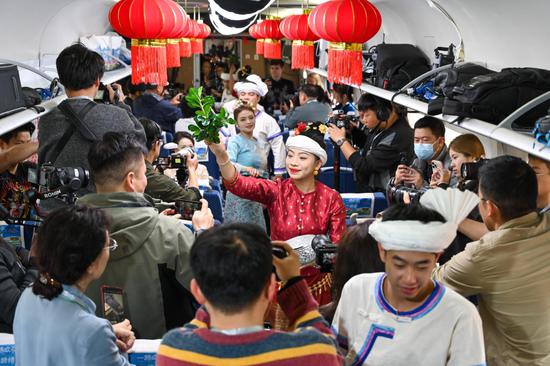


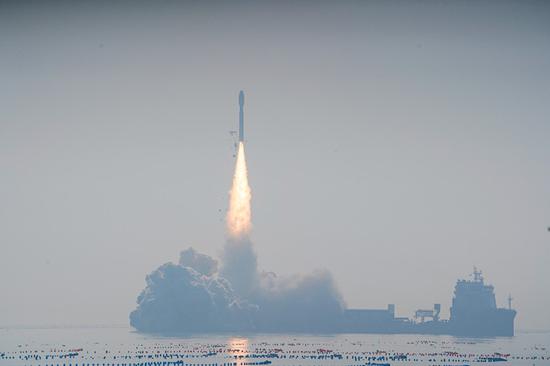
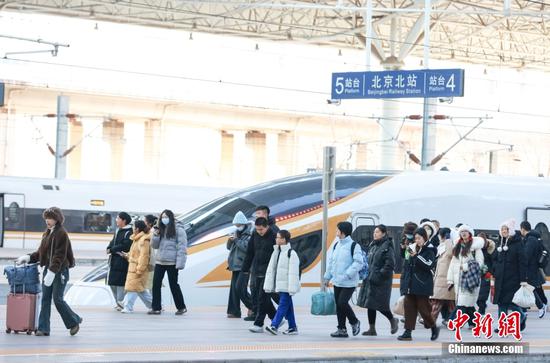

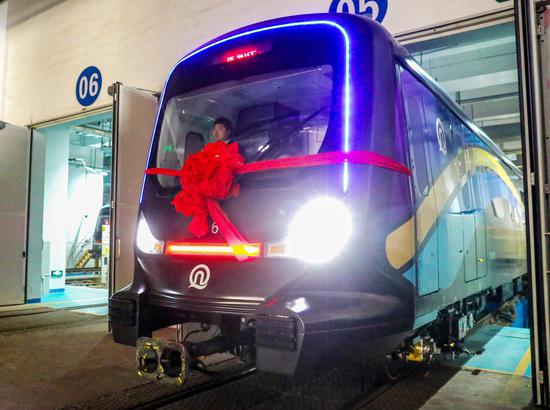
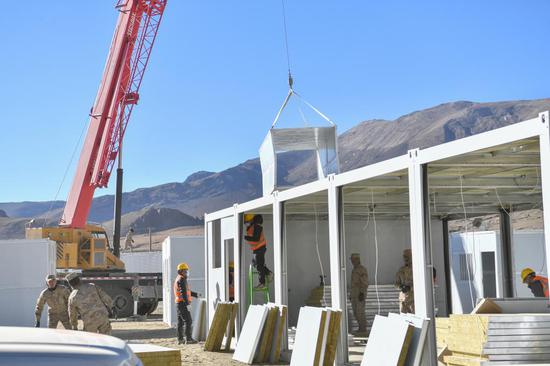

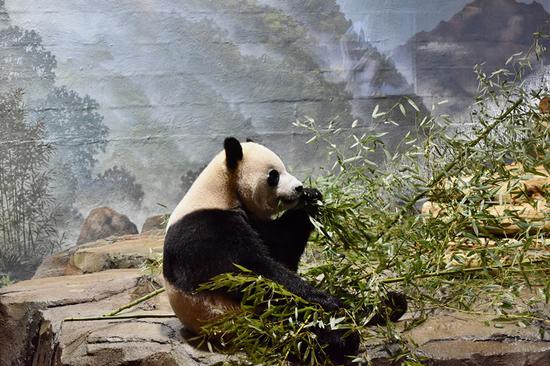

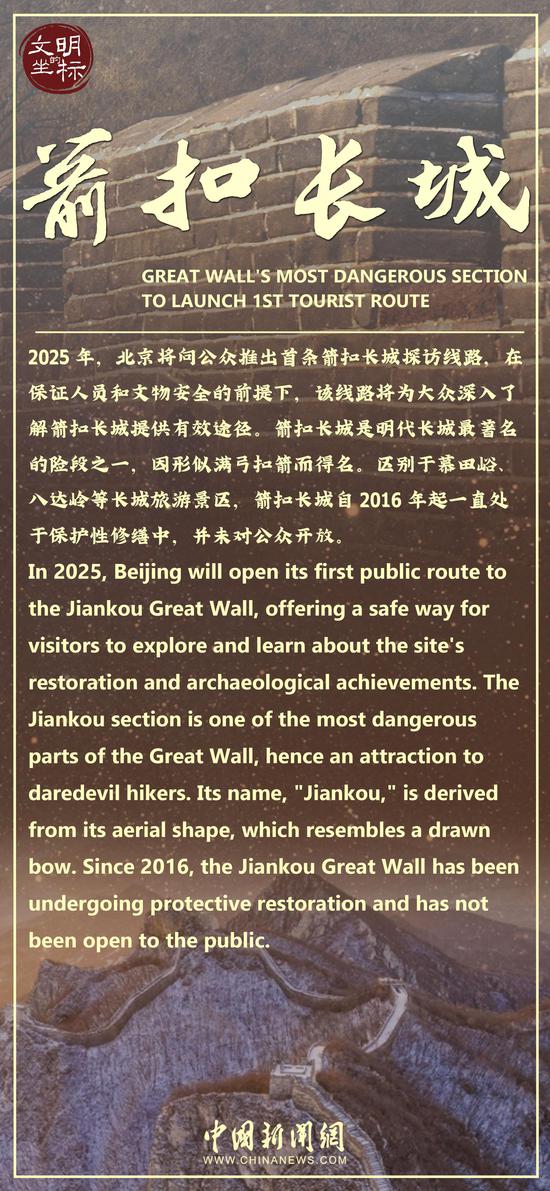


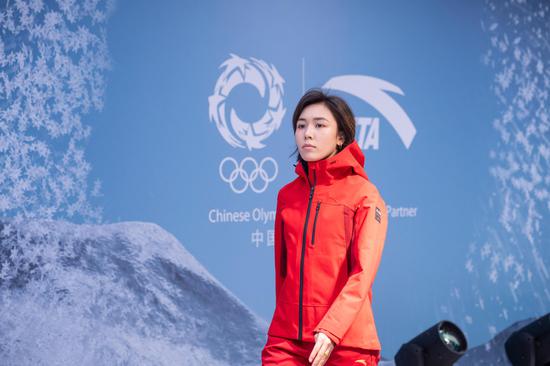

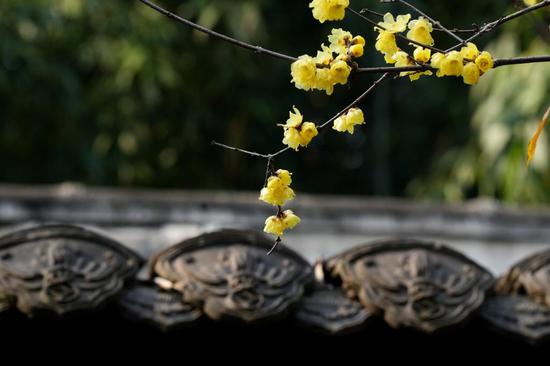
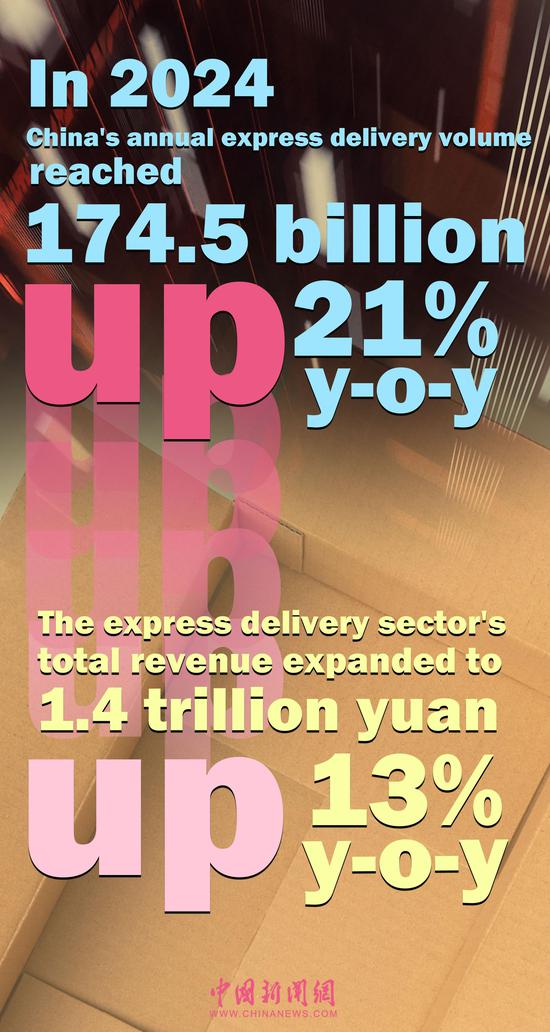
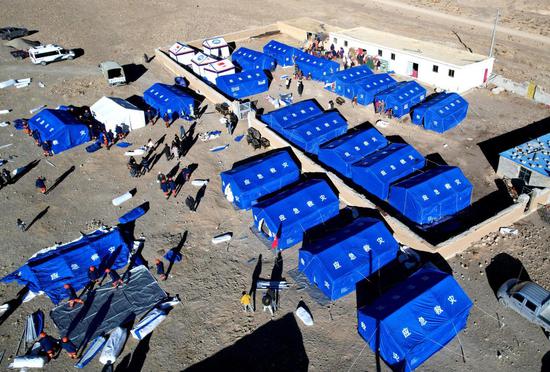
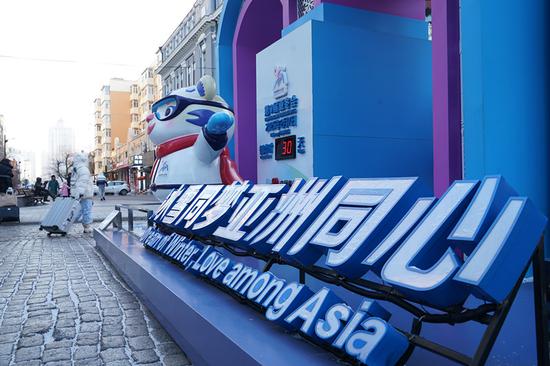
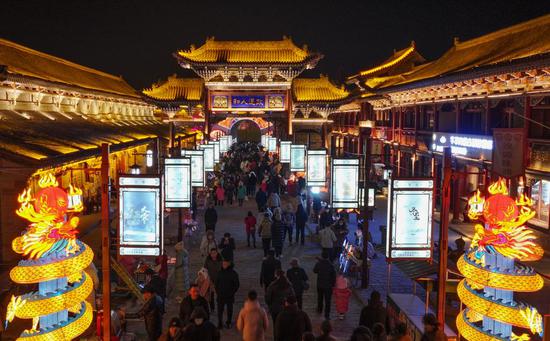

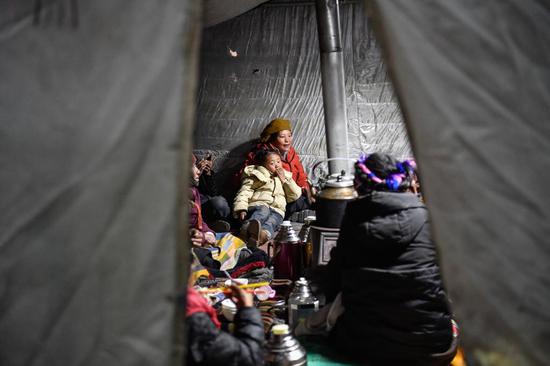
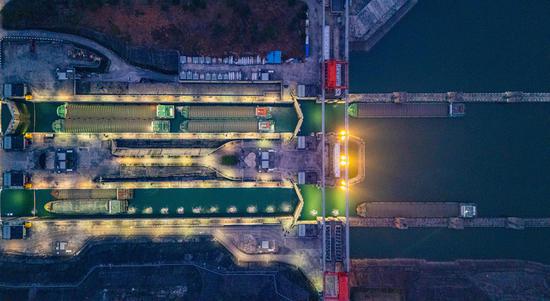

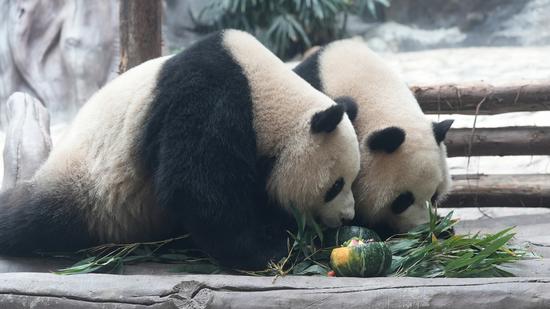
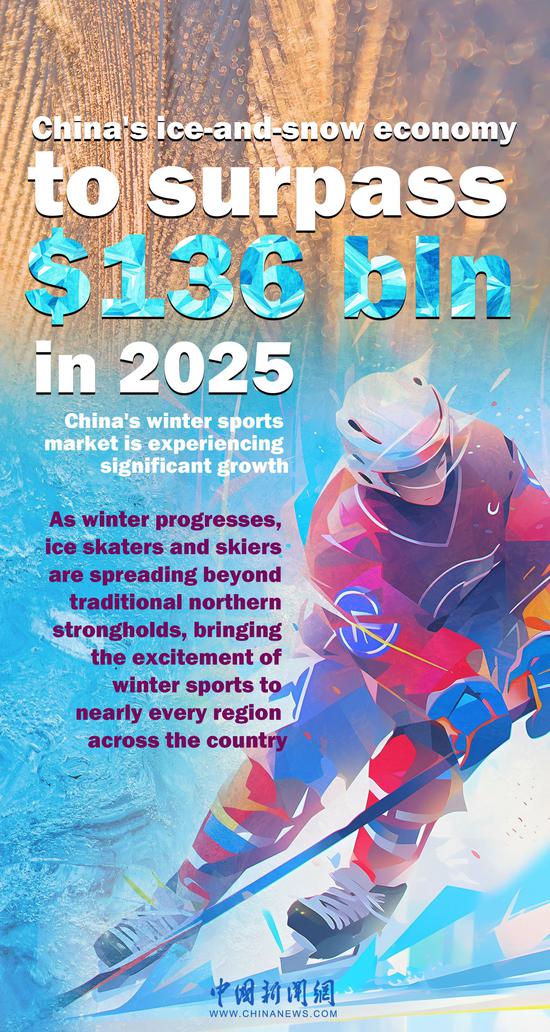

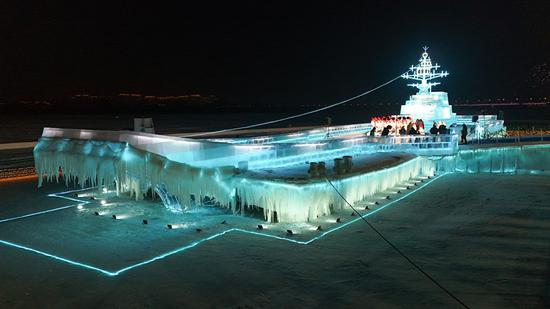


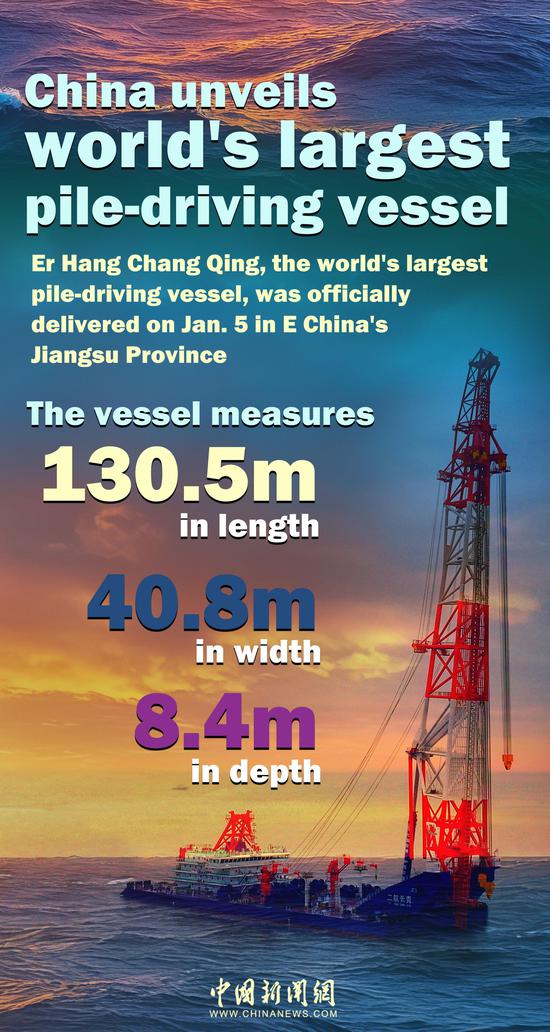
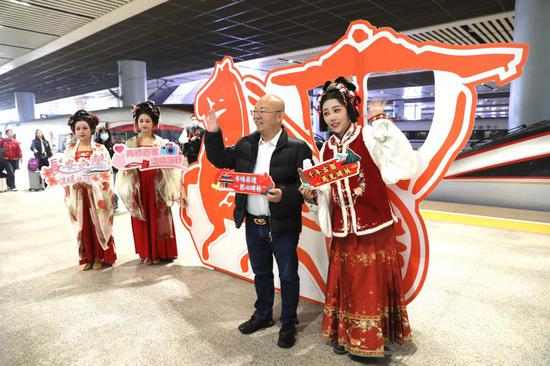
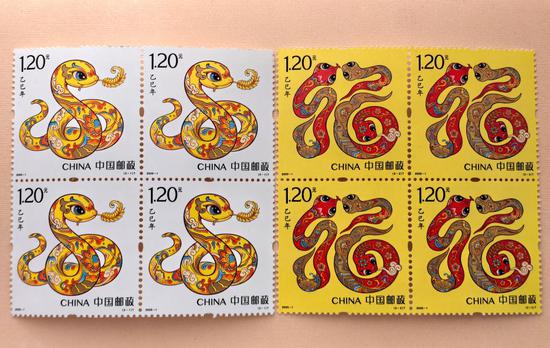
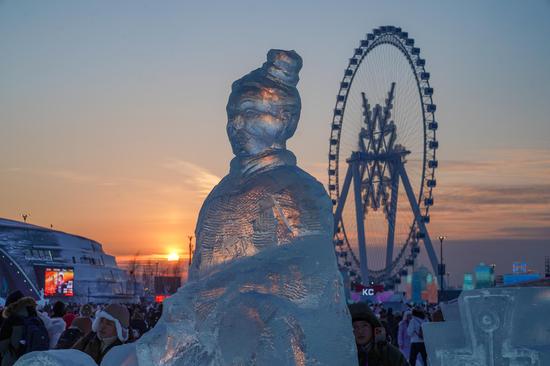

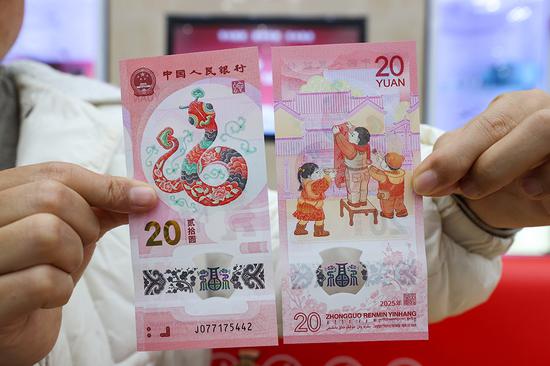





 京公网安备 11010202009201号
京公网安备 11010202009201号